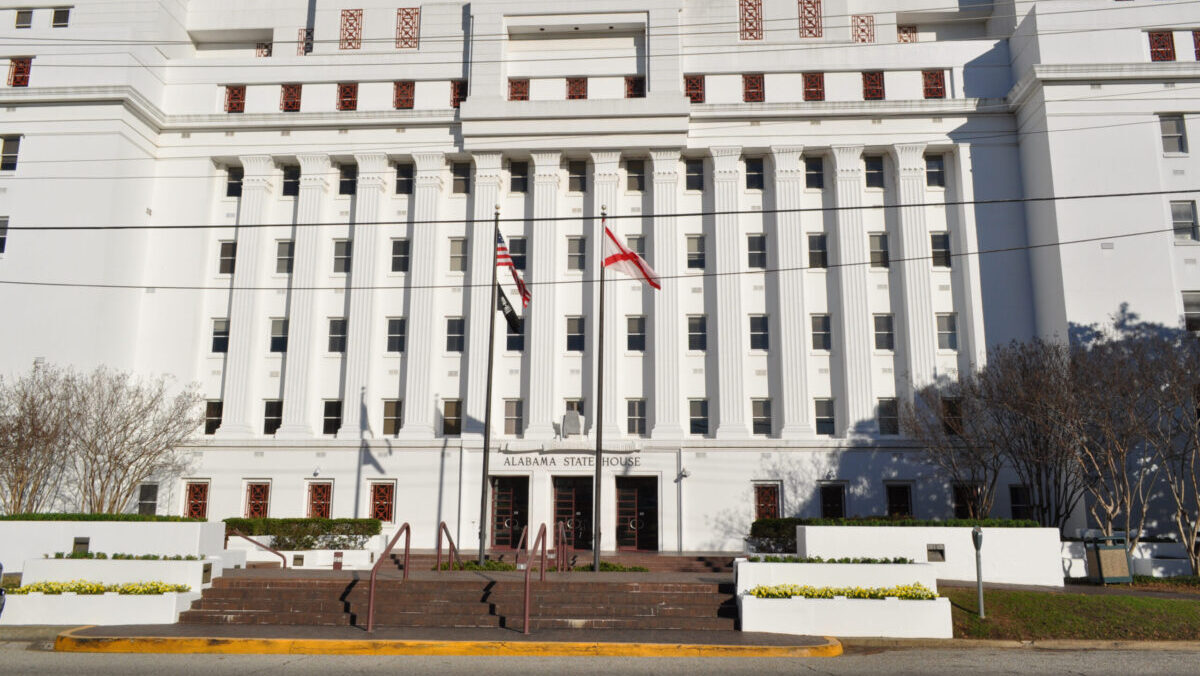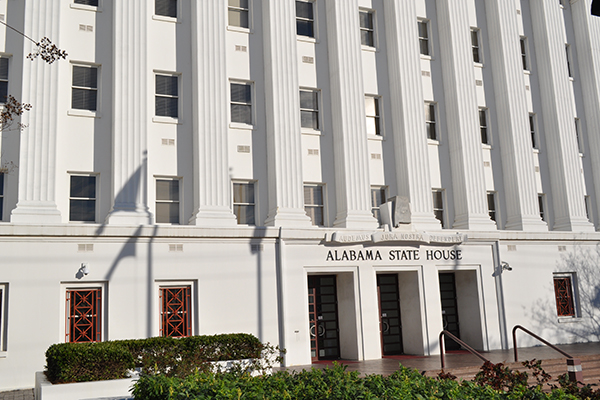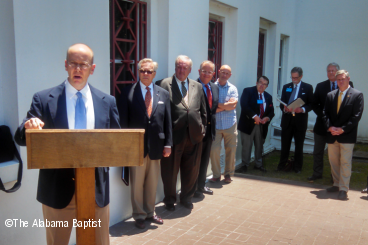The much-anticipated gambling legislation that would legalize sports wagering, online betting, a lottery and casino-style gambling in Alabama (read more here) has been reworked quite a bit in the Alabama Senate (read more here).
After the Alabama House of Representatives passed the proposal Feb. 15, the Senate then voted 22–11 on Thursday (March 7) to eliminate the authorization of sports betting and full-blown casinos from the plan.
The Senate version, sponsored by Sen. Greg Albritton, still allows for a state lottery and maintains the call for Gov. Kay Ivey to negotiate an agreement with the Poarch Band of Creek Indians, which could lead to the tribe having casinos with table games in three Alabama locations. Alabama is one of five states that, to date, has chosen not to sponsor a state lottery, and the tribal casino locations currently operate slot machine-style electronic bingo gambling machines similar to those debated and deemed illegal in other parts of the state for the past 15 years.
New form of betting on horse races
While the Senate version of the bill would reportedly not allow for electronic bingo gambling, it would authorize seven locations, including the state’s four dog tracks, to have “historical racing computerized machines,” according to Alabama Daily News. The newest of these devices that allows players to bet on replays of horse races can resemble slot machines, ADN reported.
The sites would include the state’s four existing dog tracks located in Greene, Jefferson, Macon and Mobile counties as well as current illegally operated locations in Houston, Lowndes and an additional site in Greene County.
“We (the House) will review both amended bills over the next few days,” Rep. Andy Whitt, who co-sponsored the House version of the bill, shared with multiple media outlets on March 7. “Cleaning up illegal gaming across the state remains my top priority.”
Alabama Baptists have repeatedly voiced opposition to the expansion of legal gambling in the state and called for the enforcement of existing state laws to shut down the various illegal facilities allowed to operate across the state.





Share with others: